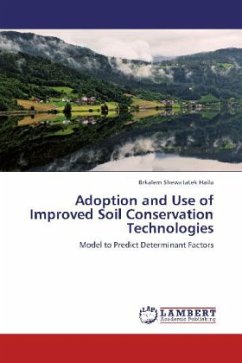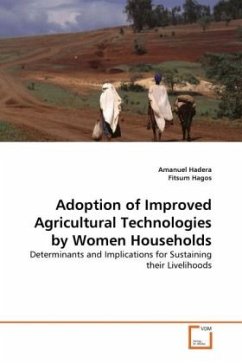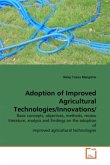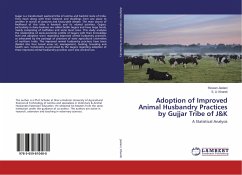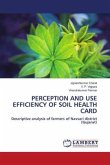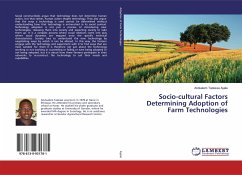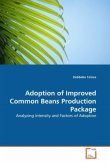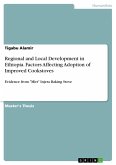Soil degradation in the highlands of Ethiopia, owing mainly to poor land management and high population density, is a serious problem that threatens the sustainability of agriculture. The study area is characterized by high population density, small land holding and severe soil erosion and increasing expansion of crop land to agriculturally marginal areas. Consequently the people are unable to produce enough food. Although many efforts have been made to develop and promote several soil and water conservation technologies, their adoption has not been widespread. Based on the findings of this study effort should be made to understand the various personal, socio-economic, institutional and bio-physical factors that determine farmers decision on adoption and sustainable use of improved soil and water conservation technologies. Lack of appreciation and integration of indigenous knowledge of the farmers has also brought the ultimate failures and misuse of funds. Moreover, econometric model developed in this study can lay the foundation for predicting the level of effects of the major adoption determinant factors and can be superimposed in undertaking similar studies.
Bitte wählen Sie Ihr Anliegen aus.
Rechnungen
Retourenschein anfordern
Bestellstatus
Storno

